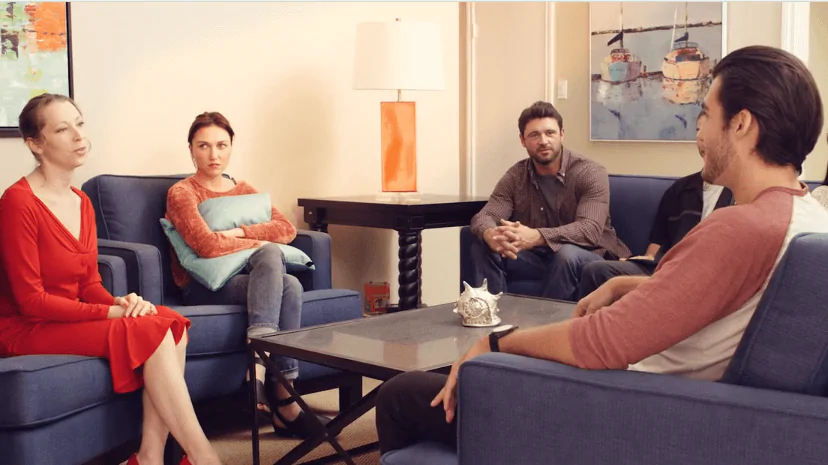24/7 Helpline:
(866) 899-221924/7 Helpline:
(866) 899-2219
Learn more about Dual Diagnosis Rehab centers in Rogers County
Dual Diagnosis Rehab in Other Counties

Other Insurance Options

Cigna

Choice Care Network

UMR

Magellan Health

Humana

Highmark

Private insurance

Horizon Healthcare Service

ComPsych

Sutter
Beacon

Aetna

Health Choice

AllWell

United Health Care

Covered California

CareFirst

Meritain

CareSource

Ceridian

Rogers County Drug Abuse Program
Rogers County Drug Abuse Program is a private rehab located in Claremore, Oklahoma. Rogers County Dr...

Hope Center Ministries – Claremore Women’s Center
Hope Center Ministries - Women's Center is a rehab facility, specializes in the treatment of alcohol...



















































Human Skills and Resources
Human Skills and Resources is a private rehab located in Claremore, Oklahoma. Human Skills and Resou...

Grand Lake Mental Health Center
Grand Lake Mental Health Center is a private rehab located in Claremore, Oklahoma. Grand Lake Mental...

Grand Lake Mental Health Center – South Highway 88
Grand Lake Mental Health Center – South Highway 88 is a private rehab located in Claremore, Oklahoma...

YouthCare of Oklahoma
YouthCare of Oklahoma is an outpatient clinic that provides mental health and substance use treatmen...

AA – Alcoholics Anonymous
AA – Alcoholics Anonymous is a private rehab located in Claremore, Oklahoma. AA – Alcoholics Anonymo...
























